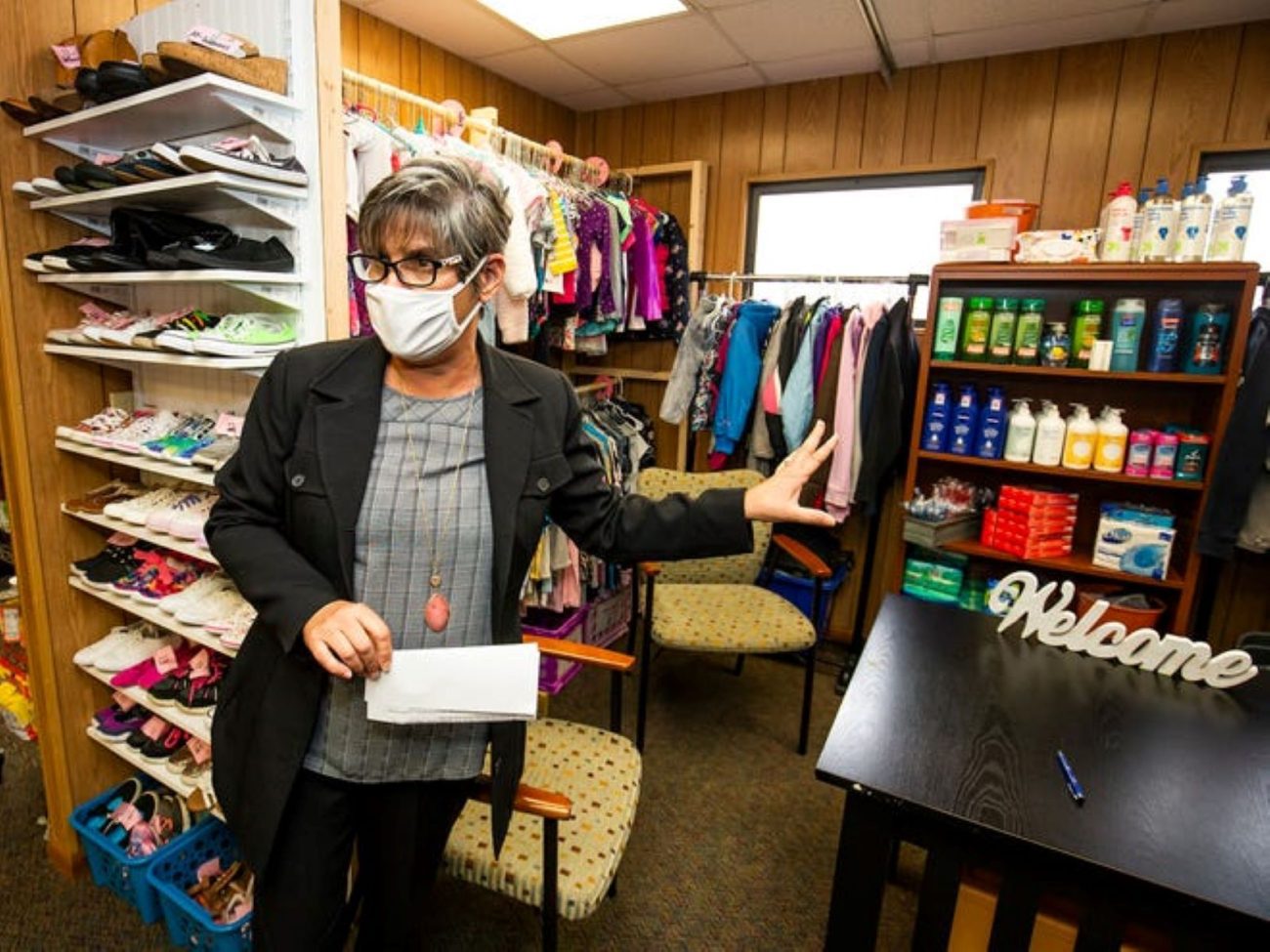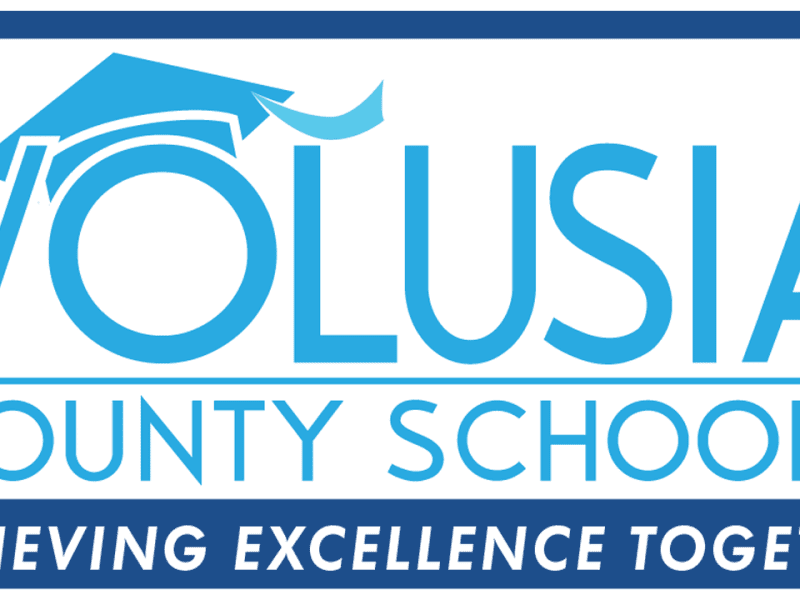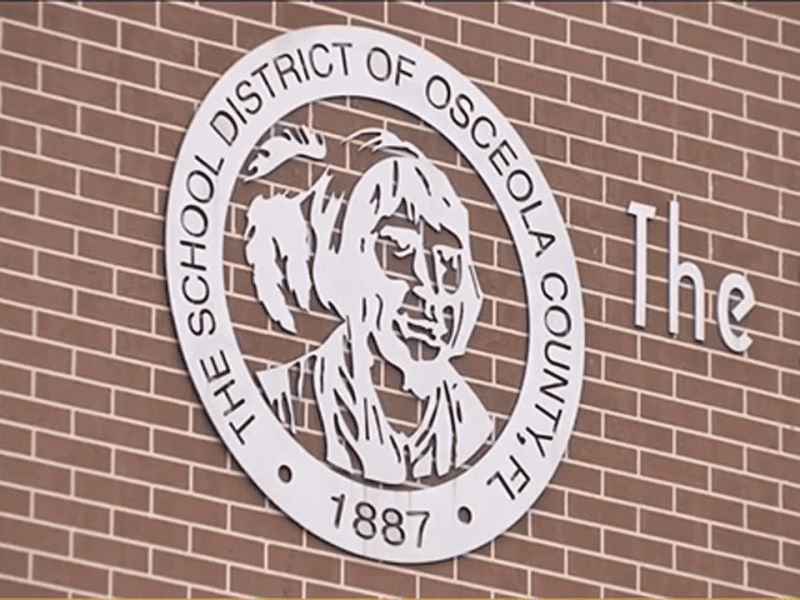The model for education
The Gainesville Sun | by guest columnists Andry Sweet and Pamela Sissi Carroll | February 3, 2021
We cannot turn a blind eye to the lessons 2020 taught us — particularly when it comes to our children.
It’s often said “children are our future” and “education is the pathway to success.” But the past 10 months have vividly pointed out the stark contrast a child’s ZIP code has on their “pathway to success.”
When COVID-19 catapulted students into remote learning, our kids lost more than an in-person education. Children in unstable homes lost precious hours of safety, and positive relationships with peers, teachers and bus drivers.
Students struggling with mental health issues lost comfort, progress and hope as their consistent school-based counseling sessions fell by the wayside.
Children in poverty lost access to convenient health care, dental and vision care, and warm meals and clothing closets.
That’s not even touching upon academic losses. The “digital divide” is real — especially when compounded by significant social stressors. A few months into the pandemic, the American Psychological Association published the results of a study conducted by ParentsTogether: a stark 38% of students in the lowest income quartile reported not engaging in online learning — compared to only 3.7% of students in the highest income quartile.
We should all be troubled by this clear indication that ZIP codes — not potential and drive — can determine the future of our children. It is absolutely unacceptable.
More than a decade ago, Children’s Home Society of Florida and the University of Central Florida teamed up to work toward changing this. Through the development and implementation of the Community Partnership Schools model, the two entities partnered with Orange County Public Schools to launch the innovative initiative at Evans High School, located in one of the most vulnerable ZIP codes in the state. At the time, graduation rates hovered just above 60% and behavioral issues — including juvenile justice involvement — were far too prevalent.
Here’s the tragedy: Every one of those students had a dream at one point … perhaps to fly to the moon, open a restaurant or become an educator.
Circumstances beyond their control didn’t just derail those dreams — they demolished them. By the time they reached high school, many kids shared a similar focus: survival.
This wasn’t just lost potential in students’ futures — it affects communities’ futures. As taxpayers, we’re ultimately the ones who foot the bill.
But Community Partnership Schools are changing this story. Through this strategy, we’ve brought in services, community partners and advocates to address underlying issues leading to lost potential: untreated mental health challenges, violence, chronic illness, hunger … the list goes on. So do the solutions — that’s the power of partnership.
Nearly a decade later, graduation rates have soared to 99%. Disciplinary referrals have dropped by more than 46%. Students now focus on the future, not insurmountable barriers.
The model’s success has led to its replication in 25 more Florida schools, including Howard Bishop Middle School — a partnership among Alachua County Public Schools, Children’s Home Society of Florida, Florida Health Alachua County, Santa Fe College and the University of Florida — here in Gainesville.
The pandemic taught us that those four walls are more than an academic facility. They’re a safe haven, a health and mental health home, a place to find stability and positive relationships … a gateway to unleash potential.
When schools pivoted to remote instruction last year, those with the strongest partnerships were quickest to jump in to support students and families. From providing access to technology and food, to counseling and connections for utility support, transportation and health care — even canvassing neighborhoods to check on families — our Community Partnership Schools continued to address the holistic needs of children. Without first meeting those needs, education wouldn’t stand a chance.
While devastating that it took a pandemic to open eyes to the undeniable impact of a school, it’s imperative we now propel toward necessary change for more students.
The Florida Legislature has taken note of these results and has invested in Community Partnership Schools’ success for several years. Yet the urgency to expand continues to heighten; we cannot meet this demand without continued support and commitment from our state and federal leaders, including sustainable funding and partnerships.
This is the model of the future. We cannot return to what was — we must move forward to what can be. The future of our children — and our society — depends on it.
Andry Sweet is president and CEO of Children’s Home Society of Florida. Pamela “Sissi” Carroll is dean of the College of Community Innovation and Education at the University of Central Florida.
Photo: Students have access to clothes and personal hygiene items at a community partnership school in Ocala. Doug Engie/Ocala Star Banner, File






